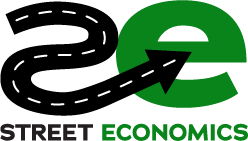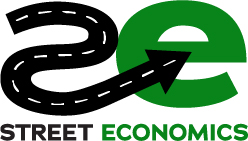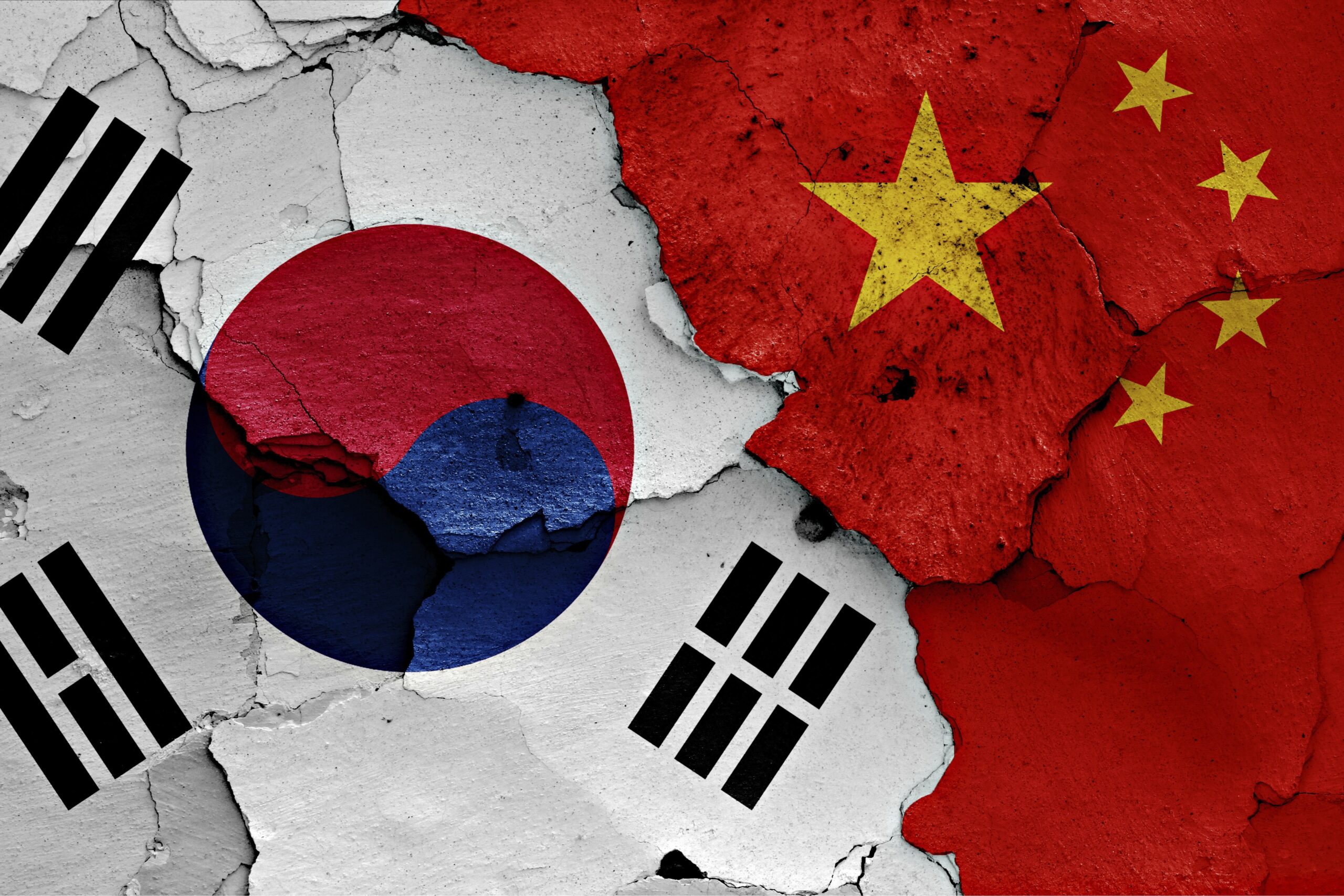June 3, 2025
BusinessFlare ECOSINT (economic open source intelligence) Analysis Team
A Pivotal Moment in South Korean Politics
Today’s presidential election in South Korea is set to alter the geopolitical and economic landscape significantly. Lee Jae-myung, the leftist candidate supported by factions closely aligned with China’s Communist Party (CCP), is projected to win. While this political shift raises substantial national security concerns, it simultaneously presents a strategic window to drive targeted economic development in the United States.
Risks Associated with Lee’s Presidency
Lee’s administration is likely to pivot towards closer economic integration with China. This creates notable risks:
Exposure of High-Tech Industries: Critical sectors such as semiconductors, electronics, automotive manufacturing, biotechnology, and renewable energy technology could become increasingly vulnerable to Chinese influence and intellectual property risks.
Supply Chain and Investment Uncertainty: Lee’s alignment with Beijing may disrupt South Korean companies’ existing supply chains and trade relations, potentially weakening partnerships with Western economies.
Reduced U.S. Market Access: Lee’s nationalist economic policies could prompt trade disputes, creating uncertainty for South Korean firms heavily dependent on access to the North American market.
Economic Development Opportunity for U.S. Regions
The anticipated economic uncertainty in South Korea provides a unique opportunity for U.S. economic developers, municipalities, and states. Specifically:
Targeted Attraction of Corporate HQ and Operations: U.S. regions can aggressively court South Korean corporations looking for stability, predictable regulatory environments, and secure intellectual property protections. Prominent targets might include Samsung, Hyundai, LG, SK Group, and other technology-intensive firms.
Innovation and Advanced Manufacturing Hubs: Cities and regions positioned as innovation hubs, equipped with existing research infrastructure, skilled labor, and connectivity, can capitalize on this moment to attract high-value South Korean investments in sectors like semiconductors, battery production, automotive innovation, and biotech.
Leveraging Economic Incentives and Policy Tools: Economic development professionals should rapidly mobilize tailored incentives such as expedited permitting, targeted Opportunity Zone investments, workforce training programs, and strategic tax abatements to appeal to South Korean companies facing uncertainty.
Aligning Economic Development with National Security
The strategic attraction of South Korean companies serves a dual economic and national security purpose:
Securing Critical Supply Chains: Bringing South Korean industry leaders to U.S. shores can help insulate essential industries from geopolitical disruptions, strengthening national economic security.
Enhancing Strategic Alliances: Deepening economic ties at the corporate level reinforces the strategic U.S.-South Korea relationship, even as political ties face new stresses.
Protecting Innovation: Relocating R&D-intensive operations to the U.S. ensures the protection of valuable intellectual property and prevents leakage of critical technologies to geopolitical rivals.
Conclusion: Turning Concern into Economic Advantage
While Lee Jae-myung’s anticipated victory undoubtedly presents serious security challenges, proactive economic development strategies can turn these concerns into strategic opportunities. Aggressively recruiting South Korean businesses to relocate their headquarters, manufacturing, and innovation activities to the U.S. will strengthen economic resilience, secure critical supply chains, and boost local and regional economic growth nationwide.
This election creates a rare and timely opportunity that forward-thinking economic development leaders across the U.S. should urgently leverage.
About Street Economics Daily
Street Economics Daily cuts through noise, jargon, and bureaucracy to deliver sharp, actionable insights for civic and economic development professionals. Curated by a 30+ year economic developer and former Army Intelligence professional, it is blunt, irreverent, and grounded firmly in reality, it’s essential daily reading for city leaders who refuse to settle.
BusinessFlare |Street Economics |Drama Meter |The Music Cities |Goodnight’s Red River




No responses yet